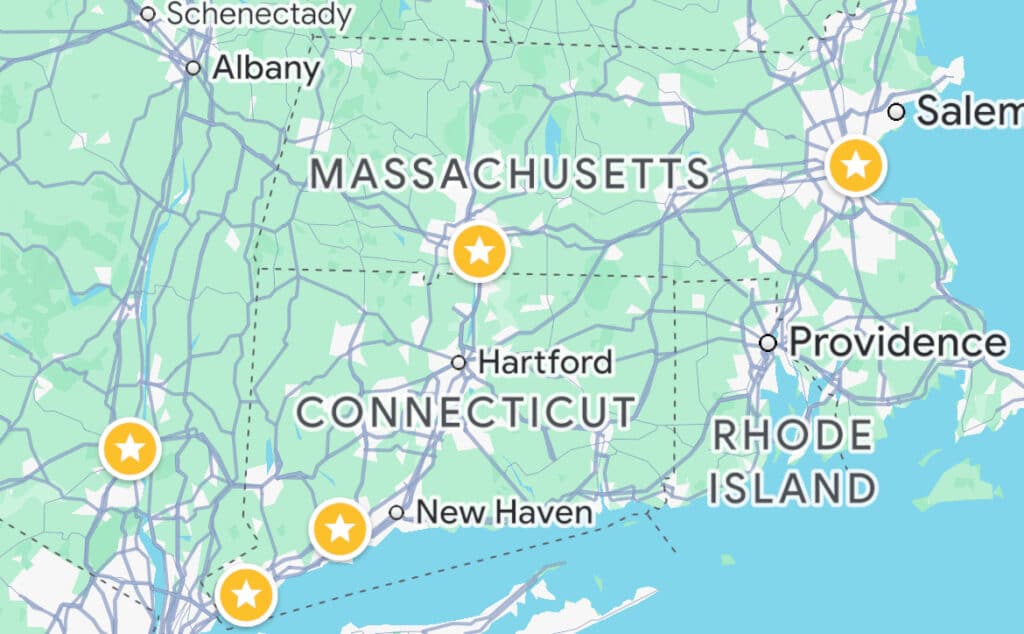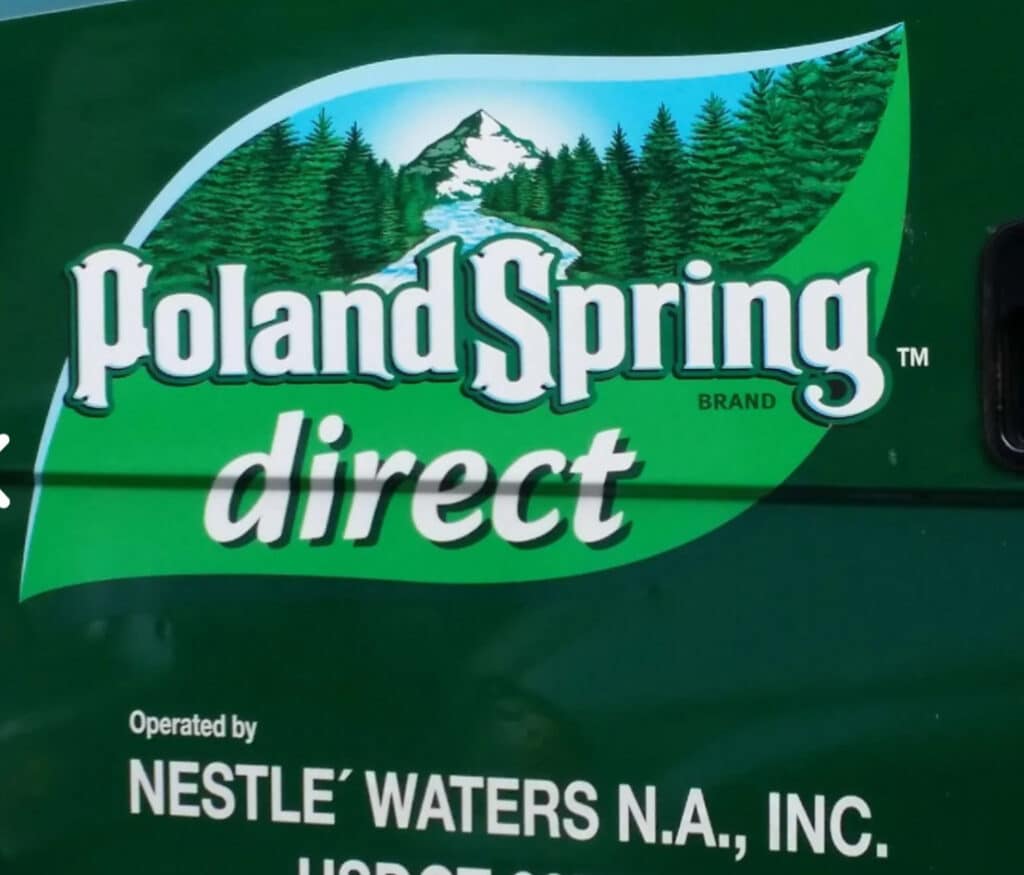Rich Life of a Field Service Operations Leader

Doug Stephens is a Field Service Operations Leader and has extensive experience in Operations, Field Service, Procurement, Business End to End Processes/Change Management, and Project Management, in multiple industries and using numerous CRM/ERP Platforms. In this article, Doug focuses on the importance of true team leadership when you value all the people in your team. As he says:
“Everyone puts up a wall or wears some armour to put their best foot forward in life; and everyone is going through something we know nothing about, so give people the benefit of the doubt.”

Life of a Helpful Field Service Operations Leader
Background
Did you always like to know how things worked?
Not really. As a child I was into football, and I was interested in nature. Then, in my teens I started playing drums when I discovered my love of music. However, I really didn’t know what I wanted to do for work when it came to leaving full time education.
I’ve never been what you might call an academic.
It was probably in my mid-twenties when I realised that I wasn’t happy with myself and my own capabilities. So I decided I wanted to change jobs and learn about new skills, which started me on an eleven-year career with a water cooler company, starting as a Field Service Engineer. That got me into the process of identifying faults and fixing them. So, I realised I had a love of service to others and as I progressed through the company my passion was about delivering real, measurable differences to those at the coalface so that the customer would feel the benefit too.
Looking back, would the teenage Doug Stephens believe your career path? What advice would you give him?
No, not at all.
He’d probably want to know what went wrong with my football career, but the answer is I simply wasn’t good enough!
Who are the people who have inspired you?
Wow, that’s a good question. My parents have been the best shepherds in life that I think anyone could wish for, so I’m always inspired to live up to their example. But lots of people in life have shaped my values and behaviours. My old boss at the water cooler company, Mick, was the nicest boss. He was fair, friendly, appreciative and when he felt we weren’t delivering we felt we’d let him down. A model line manager.
As I moved through the company, I got to work for Chris Atkins who again, set the standard for field service operations leadership. He always took time to check in on a personal level. He was clear with what was expected and by when; and he led in a way that you couldn’t help but respect. The way he dealt with everyone, supported us, celebrated our wins with us, and stood shoulder to shoulder to rectify the misses continues to be an inspiration.
One also has to take inspiration from the bad bosses too. I’ve had a few, poor colleagues too. “How not to be” also helps shape you, and being thankful for that helps rise above bad experiences.
Outside of work and related to music and my love of sport, I’ve been able to meet some incredibly talented people. Some of them are household names, and when the fame and fortune hasn’t gone to their head and they take time for people, it’s humbling to see. A weathervane for how to conduct oneself.
I lost my first son in 2010 and that experience helped me understand people better and I’ve been inspired by colleagues and friends going through life and death challenges that are truly inspirational. Some have simply been made of different stuff. I give blood regularly as an act of service to others and I’ve just made my 25th donation. It’s an amazing thing to do.
Taking time to understand the true person in front of us is important. Everyone puts up a wall or wears some armour to put their best foot forward in life, and everyone is going through something we know nothing about, so give people the benefit of the doubt.

Logistics as part of becoming a Field Service Operations Leader
When did your interest in logistics start? How key do you think logistics is when leading service teams as a Field Service Operations Leader?
Really when I became a field service engineer. You’re at the end of the chain when it comes to working for the customer and failed logistics means you don’t have the thing you need to do the job and/or you’re delayed. So, then you have to face the customer’s dissatisfaction, so everything that feeds into that is important.
As a Field Service Operations Leader, how much have you been able to improve your team’s work life balance by handling the logistics well? Can you give an example?
First things first, by simply treating my team as people with lives, families, and needs, and being understanding when they need to deal with something. As a Field Service Operations Leader, if you see the potential when they’re at their best, then support them when they’re struggling.
One of my team leaders recently supported one of his team through the death of a parent and honestly, what I would have wanted to do he was doing because he’s great leader. So, I kept in regular touch with him and checked on what he needed support wise.
When I worked for Nestlé Waters & Premium Beverages in the US, we had a route delivery driver going through a divorce and he was losing access to his children. So, I sat the field service operations unit leaders down and asked for a plan on how we pick up his slack for him so he could leave early and try to resolve that challenge. He did resolve things and came back a better team player.
While there I got to understand that some of the newer people were struggling with hours while some of the veterans were finishing early. We weren’t working well as a team. I instigated a:
“No-one Gets Left Behind”
policy and gave the veterans more responsibility to ensure the team did not fail. We upskilled those needing help, we addressed attitude and performance challenges, we started to recognise and celebrate the wins. It drew the field service operations team together; the customer service execution went through the roof and there was much greater ownership and responsibility to each other. Team members raised their own bar to meet a challenge they felt part of, they finished together and were happier in their work, while getting home at a healthy time!
Expat Relocation as part of the road to Field Service Operations Leader
Why did you decide to move to the USA?
The water cooler company went through a couple of acquisitions and Nestlé bought them in 2003. I was then a Project Manager working on Logistics and Distribution. The company were introducing SAP into the business as the main end to end operating system, and I joined this project which was an amazing learning experience. Learning project methodology and how IT systems are built has been a fantastic string to my bow.
In the US, I spent a year managing change and new developments and then two years back in field service operations leading a bottled water market operations team in New York, Massachusetts, Rhode Island, and Connecticut.
Can you summarise your role in the USA? How did the work life culture differ from the UK?
In my field service operations role I led the service delivery for Poland Spring, part of Nestlé Waters North America: which included route delivery drivers, new installations, equipment breakdowns, field sales etc. I had seven branches in three states, with approximately a hundred heads in the team, with ten direct reports. As part of field service operations, I was responsible for service execution, additional route sales, health and safety, retention, and customer satisfaction.
The main difference was the detailed approach to the customer and how field service operations was executed. They were far more evolved, and customer focussed, not to say that UK service wasn’t already good, but the level of detail in the US and the thought process into the customer experience was much greater.
The other big element culturally was the gun ownership. Most people I knew there owned at least one, but owning five or even ten wasn’t rare. One of the route delivery drivers was stopped in his own personal vehicle on a weekend and found to be carrying firearms improperly, and he lost his licence and subsequently his job.
Another member of the team got into an argument late one weekend and was shot and killed along with his friend. How many people in the UK have had to manage that kind of event? Not many, but it’s all too common there. That said, the only guns I ever saw were in a licenced gun range or carried by the Police. In Connecticut where I lived, it used to be an “open carry” state, but I don’t recall seeing anyone do it. Each state is different.
What were the differences in people management between the US and the UK?
Employment rights in the US at the time were very different. Vacation was a rare commodity whereas in the UK a in a standard full-time job you got 5 weeks holiday. In the US you had to work for a year to get one week of vacation, and you got your second week after five years.
Of course, workers’ rights have diminished in the UK since then. We used to be guaranteed a contract and the right to a proper disciplinary procedure here after 13-weeks of employment. Currently you can be dismissed for no reason during the first 2 years of employment. It’s open to change currently but in my experience that has been part of the lowering of standards in the UK.
Would you recommend expat work experience to someone else?
Absolutely. It’s a great educational time. Any uninformed preconceptions are soon removed, and one understands a lot more about the people who, like us, are just trying to earn a decent living and have a loving family.
How easy was it to transition back into the UK market? Which skills did you feel you had improved/gained?
I came back to a new job in project management for a different company, so I didn’t really notice much change. The way you lead and communicate evolved with you and your experience and so it just became me. I wasn’t working with the same people I’d worked with before I went to the US.

Leading a team
You moved into management and team leadership. What is your advice to others who are becoming team leaders?
The first thing is to decide who you are as a person and what your values are. You cannot play a role like an acting part and succeed. It’s important to be genuine.
Leading others means you’re no longer “one of the lads” and you have to keep a healthy distance from your team while still be approachable and dependable.
If you want to get on in life, then be open to constructive feedback. Actively request it from leaders you respect and understand that there’s a process to understanding perception and how others see you. Then think about what changes if any you should make in the way you work, interact, and set examples.
As a team leader you’re there to demonstrate the correct behaviours and activities as required by your employer, so you should ensure you’re a leader in the way you carry yourself first before the company can promote you. Don’t forget, it’s also a two-way relationship and being happy and feeling valued in your work is important.
If your employer does not give you an opportunity to progress, it’s OK to find another employer who will.

First Three Months as a Team Leader
When you start in a new role with a new team, what are the key things a team leader should do in the first 3 months?
These are the three things.
- Communicate well but listen more.
- Change little.
- Remove obstacles for others before asking for too much.
Drastic change early on will not work. Take some time to figure out who your people are, who performs and who harms your business. Invest time in understanding everyone’s back story and give everyone the chance to show themselves. If you make big choices suggested by others, you’ll be seen as a henchman and not a leader in your own right. Find ways to solve issues others have failed to do, because when it’s time for you to ask for more, you’ll have currency in the bank.
High Workload of Tight Deadlines
How do you manage your team when the workload is very high, or deadlines are very tight?
You get involved. You take time to understand who is delivering and who isn’t, and you lead in the trenches standing next to your people. Don’t ask of others what you are not prepared to do yourself and remember to thank people, sincerely and in person, for their effort and support. Stay calm when it’s not going well and celebrate achievements loudly and publicly.
Current Work
Where are you working currently? Tell us about your role?
As I write this in summer 2025, I work for myself and occasionally take on short term contracts with companies needing a steer on operational excellence as part of field service operations. I mostly do this remotely with periodic time with the people.
Through my time at Homebase and Wickes I support sole traders in Kitchen and Bathroom Installations with their back-office functions, paperwork, and process improvement initiatives, such as websites, new estimation and invoicing software, and especially helping them understand how to get used to the digital tax world.
A side element to that industry that I really enjoy is kitchen and bathroom design. Work is seasonal and at peak times demand can outstrip headcount, so I help companies with their workload by working remotely and designing the projects they send me. Because I’ve worked with the field teams, the fitters, I can use that relationship and knowledge to make sure the design can be installed, not just look good on paper.
I’m also working for larger clients in process mapping and change projects; helping them understand what actually happens now, which sounds odd but so many companies have departments that do not know what the other departments do or how. This process helps companies improve by setting themselves up for success.
The second part is how to improve those processes and what tools might achieve that. Is an expensive software solution required or can a manual workaround be used. How can departments “adopt” a process used in the business that already exists, rather than spending time and money trying to “adapt” something. Understanding each step and making sure it’s complete and time efficient, reduces errors, improves execution, and reduces cost, even speeds up the experience for the customer at the same time as being better at it.
I love being able to influence lots of parts of the machine, and ultimately my biggest enjoyment is seeing the customer experience feedback improve and team members feel more engaged and part of one big team.
The future
What’s next for you?
I’ve got some work coming up in Europe so will be travelling a bit. My wife is from Greece, and I have an opportunity to work on some projects there, still to be finalised. So I’m looking forward to the chance to do that. I’ll be there on holiday next month so will be sneaking in some conversations while I’m there to move that forward. But the biggest part I’m looking forward to is relaxing with my wife, my daughter, and my son in a beautiful part of the world, enjoying the weather and the amazing food!
Further Reading
Spotlight on being a Field Service Leader, Foodservice Equipment



Responses